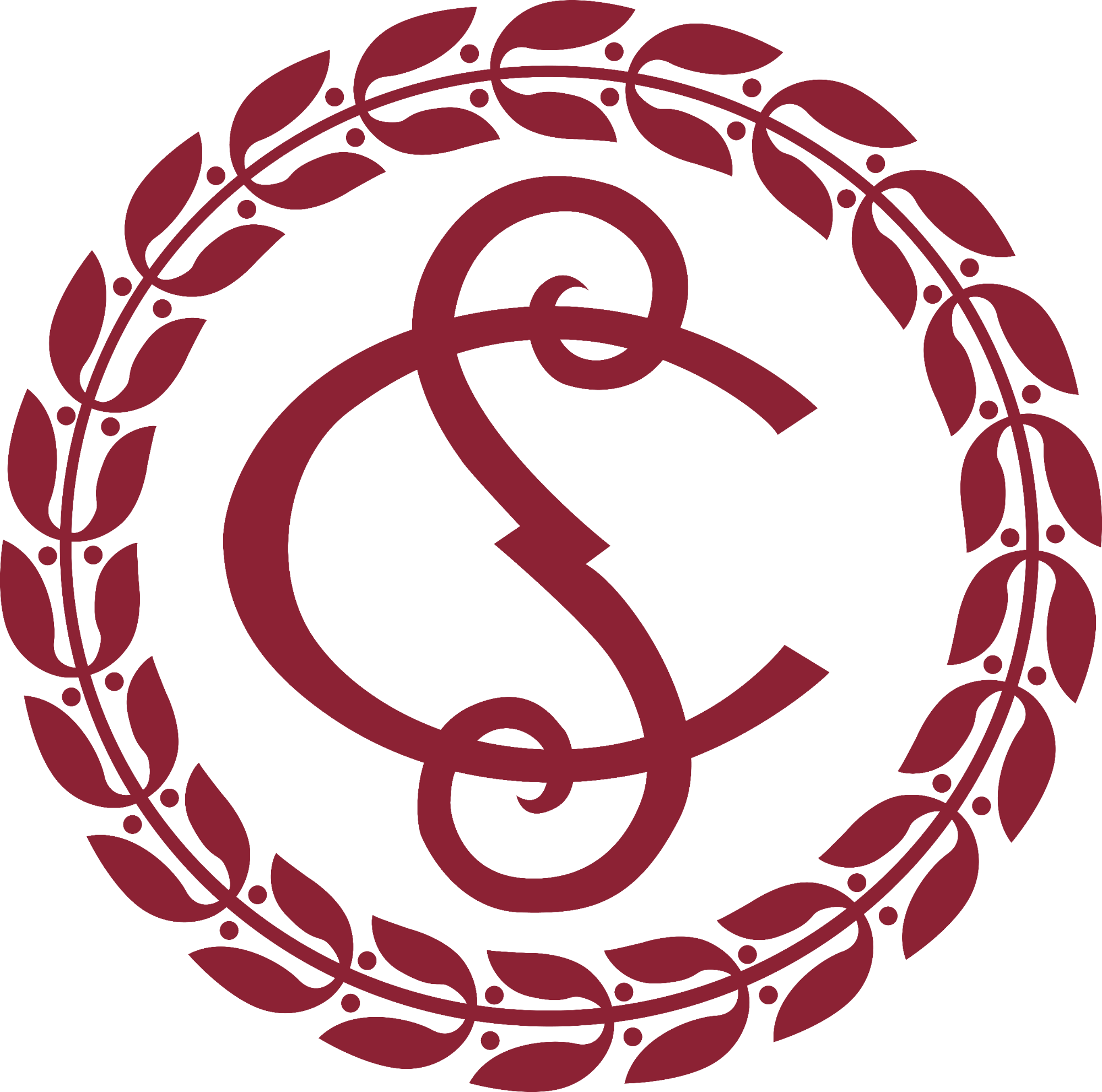Case in Brief
Cases in Brief are short summaries of the Court’s written decisions drafted in plain language. They are prepared by communications staff of the Supreme Court of Canada. They do not form part of the Court’s reasons for judgment and are not for use in legal proceedings.

R. v. Javanmardi
Additional information
- See full decision
- Date: November 14, 2019
- Neutral citation: 2019 SCC 54
-
Breakdown of the decision:
- Majority: Justice Rosalie Silberman Abella allowed the appeal (Justices Moldaver, Karakatsanis, Côté, and Brown agreed)
- Dissenting: Chief Justice Richard Wagner said giving the injection was dangerous and Ms. Javanmardi’s training and experience shouldn’t matter when deciding whether her actions were reasonable, but would have ordered a new trial on unlawful act manslaughter (Justice Rowe agreed)
- On appeal from the Court of Appeal of Quebec
- Case information (38188)
- Webcast of hearing (38188)
-
Lower court rulings:
- Trial (Court of Quebec) (unreported)
- Appeal (Court of Appeal of Quebec) (in French only)
Case summary
An experienced naturopath wasn’t guilty when one of her patients died after treatment, the Supreme Court has ruled.
Ms. Javanmardi worked as a naturopath in Quebec for over 20 years. She had a degree in science. She also had a doctorate and diploma in naturopathic medicine. Her education included classes and clinical training about intravenous injections. She gave these injections to thousands of patients while working as a naturopath. While naturopaths are allowed to give injections in other provinces, they aren’t allowed to in Quebec.
In 2008, Mr. Matern visited Ms. Javanmardi’s clinic. He was 84 and had heart disease. He was frustrated with the treatment he got at regular medical clinics and hoped naturopathy would help. Ms. Javanmardi recommended an intravenous injection. Mr. Matern asked for one right away. It turned out that one of the vials Ms. Javanmardi used for the injection was contaminated. Mr. Matern died later that night. Two other patients got injections from the same vial that day without any problems.
Ms. Javanmardi was charged with two crimes. The first was “unlawful act manslaughter.” This means doing something illegal that causes someone to die. The second was “criminal negligence causing death.” This means doing something that a “reasonable person” wouldn’t have done that causes someone to die. Both charges were based on the fact that Ms. Javanmardi gave Mr. Matern an injection.
To be guilty of a crime, a person must do something that is against the (criminal) law. But something has to make them responsible for what they’ve done. For many crimes, responsibility is based on meaning to do something wrong. But for some crimes, a person can be responsible even if they don’t mean to do anything wrong. In these cases, a judge will compare what the person did to what a “reasonable person” would have done in the same situation. If the actions of the accused person and the “reasonable person” are very different, the judge can decide the accused person didn’t take proper care.
The trial judge found Ms. Javanmardi not guilty on both charges. She said Ms. Javanmardi had the necessary skills and experience to give Mr. Matern the injection. She said Ms. Javanmardi followed proper safety procedures. She bought her nutrients from a respected pharmacy. She chose proper nutrients for the injection. She also said that a reasonable person in Ms. Javanmardi’s position wouldn’t have thought that the injection would hurt Mr. Matern. She said Ms. Javanmardi’s actions weren’t a “marked departure” (very different) from what a reasonable person with her skills and training would have done. The Court of Appeal disagreed. It found Ms. Javanmardi guilty of unlawful act manslaughter, but said there should be a new trial on criminal negligence.
The majority at the Supreme Court said the trial judge’s ruling should stand. This meant Ms. Javanmardi was not guilty of both crimes. It is the trial judge’s job to weigh the evidence and make conclusions about the facts. The majority said the Court of Appeal was wrong to re-weigh the evidence and replace the trial judge’s factual conclusions with its own. The majority noted the trial judge was right to consider Ms. Javanmardi’s extensive training and experience as a naturopath when deciding what was reasonable in the circumstances.
This case came to the Supreme Court as an appeal “as of right.” That means there is an automatic right to appeal. The person doesn’t need the Court’s permission. The right is automatic in criminal cases when a Court of Appeal replaces a not-guilty verdict with a guilty verdict, as happened here.
